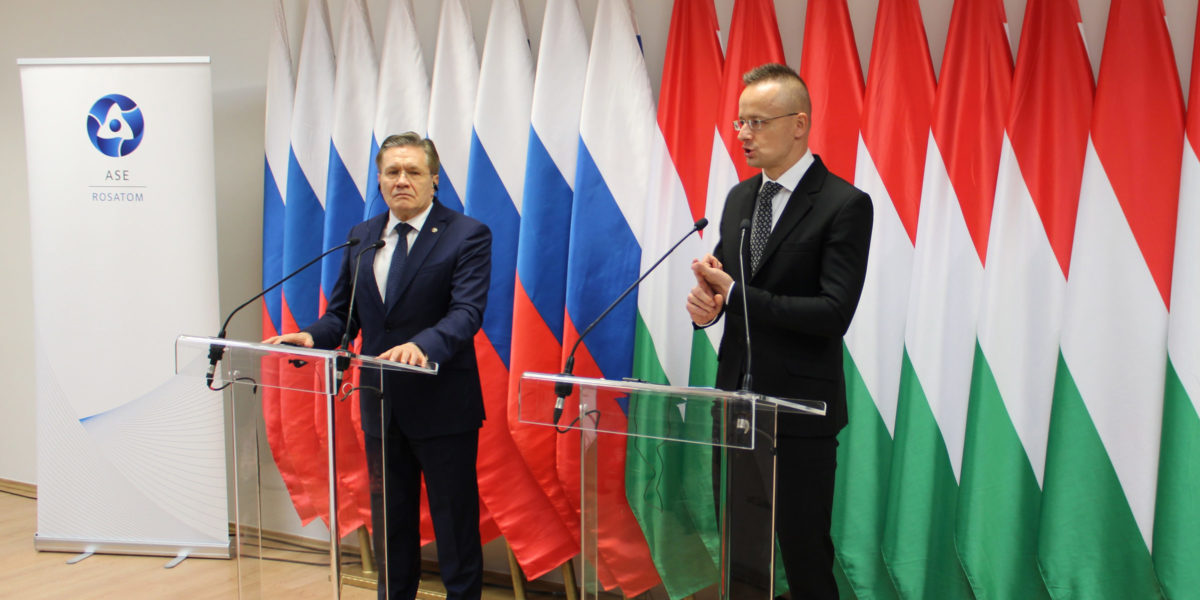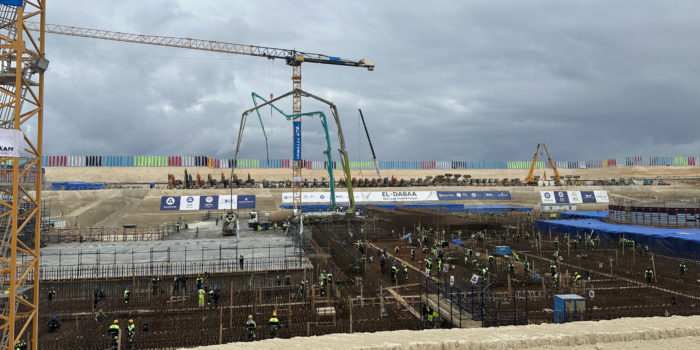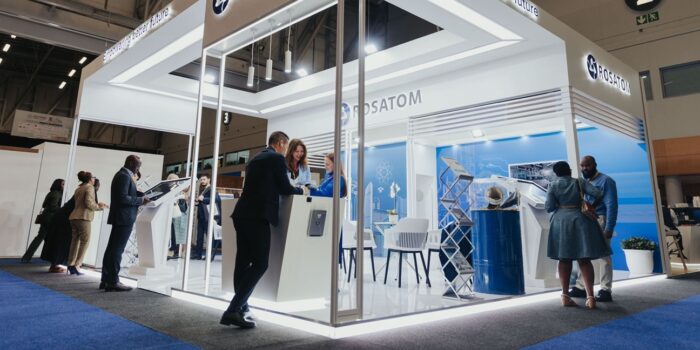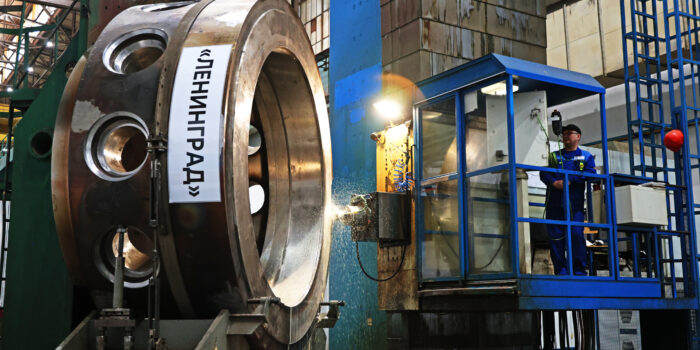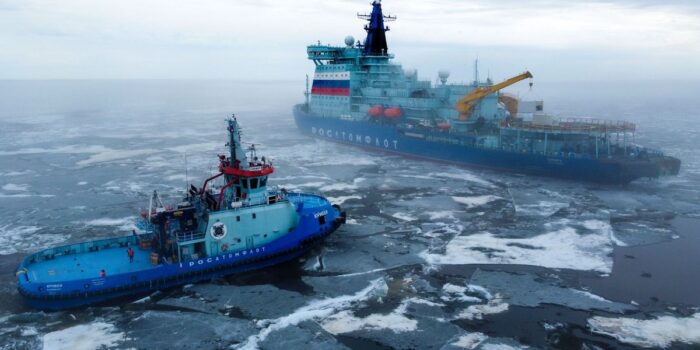Alexey Likhachev, Director General of Rosatom, met with Péter Szijjártó, Minister of Foreign Affairs and Trade of Hungary, followed by a visit to the construction site of the Paks-II NPP. During the meeting it was noted that in the current year, the intensity of work at the construction site has significantly increased.
At the site of the future power units, Alexey Likhachev and Péter Szijjártó highly praised the scope and volume of work carried out after the main license was obtained in 2022, and the project moved to the main stage of construction in August this year.
The Hungarian contractor completed the soil excavation for power unit No. 6 to a depth of five meters ahead of schedule. Thus, soil excavation to the groundwater level with a total area of four hectares has been completed.
At the beginning of November 2023, soil stabilization works began following all safety requirements. This work involves the use of up to one million tons of cement. This stage is performed by a German company. At the same time, the construction of a 2.7 km long impervious blanket around the perimeter of the site of the future power units—designed to protect the construction site from groundwater infiltration—continues. These works are planned to be completed by the end of 2023 and proceed to the next important phase—excavation of the soil to the project depth of 23-27 meters. A total of about four million cubic meters of soil will be excavated.
Alexey Likhachev said that there is no alternative to using nuclear energy, which is the most sustainable, predictable and one of the most environmentally friendly types of electricity production. “The new Hungarian power units are in a special area of attention and we are ready to implement this project as efficiently as possible,” said Alexey Likhachev, adding that Rosatom has gained experience in the serial construction of VVER-1200 reactors. “In Russia, 4 VVER-1200 units are already being successfully operated. Quite recently – in early November – the State Corporation handed over to the customer the Belarusian NPP, where we built 2 such power units. Rosatom is building another 14 units with VVER-1200 reactors at other foreign sites.”
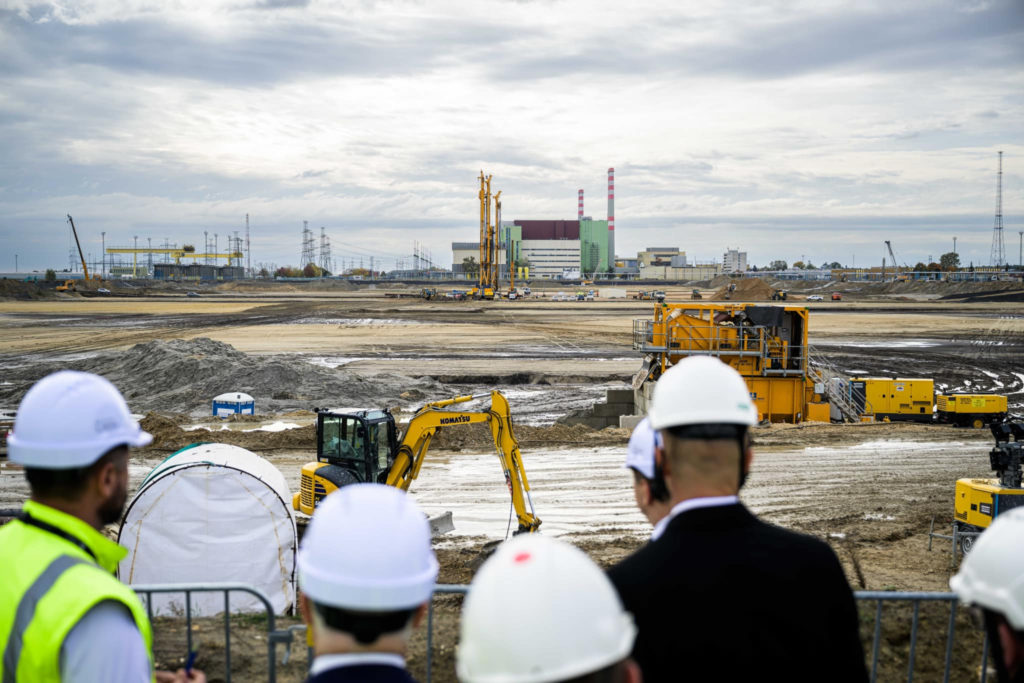
The construction of the Paks-II nuclear power plant is a truly international project. “We are proud that the construction of two new power units at the Paks-II NPP is currently the largest nuclear project in Europe that has received a construction license. It is truly international, since in addition to the Russian general contractor, 94 Hungarian companies and many American, German, French, Swedish and Austrian contractors participate in it,” – said Péter Szijjártó, Minister of Foreign Affairs and Trade.
Production of long-cycle equipment for the plant has already begun in Russia. These include the reactor vessel, melt traps, nuclear plant machinery, and other equipment. The number of personnel on site is growing. By the end of 2023, the number of workers at the construction site will reach 800-900. By the end of 2024, the number will be around 2,000. And during peak periods, the construction personnel will reach 10-13 thousand people.
Reference
The Paks-II NPP project is being implemented based on a Russia–Hungary intergovernmental agreement of 14 January 2014 and three basic contracts for the construction of the new plant. The main license for the construction of the Paks-II NPP was issued by the Hungarian regulator in August 2022. The Paks-II NPP with two VVER-1200 power units of generation III+ is to be built on a turnkey basis. The Paks-II NPP is the first Russian project on the territory of the European Union. Obtaining the construction license confirmed the project’s compliance with Hungarian and European safety standards. There are already 4 VVER-1200 units successfully operating in Russia and two similar units outside Russia at the Belarusian NPP. In total, Rosatom’s portfolio of foreign orders include 33 power units in 10 countries.

